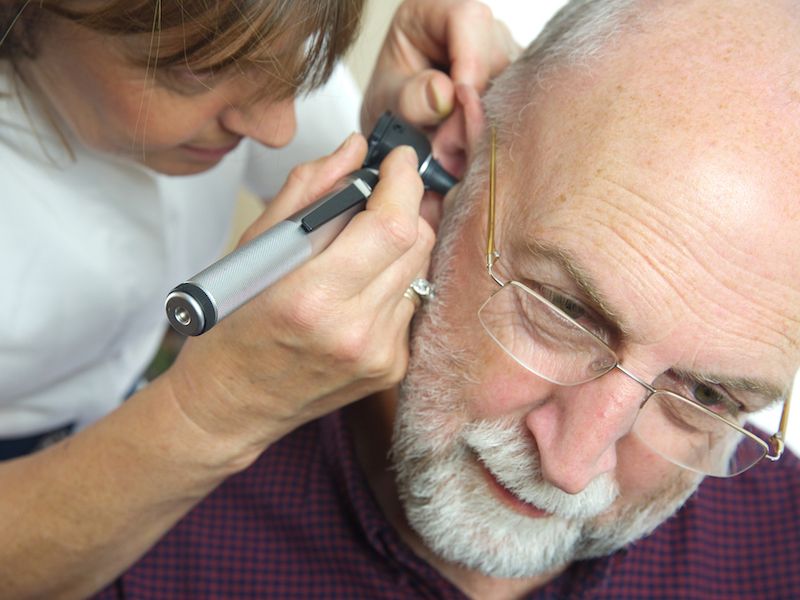
You still go to the eye doctor every year if you have glasses, right? Because, over time, your eyes can change. Your eyes and all parts of your body are dynamic not static and this includes your ears. That’s why even when you purchase hearing aids, you should continue getting your ears checked just like you do with your eyes.
Unfortunately, many people miss those regular checkups. Perhaps they’ve been consumed with enjoying their lives to get back in to see the doctor. Or maybe lately, work has been difficult. You may even be so happy with your hearing aids that you simply didn’t feel you need to make another appointment. That should be a positive thing, right?
In the long run, for people with hearing impairment, it is even more important to have even one follow-up consultation. Even in the face of that, ongoing care is often ignored. According to one survey, only 33% of seniors with hearing aids also used regular hearing services.
Once You Have Hearing Aids, is it Actually Imperative to go in For Checkups?
Your hearing is dynamic. It changes over time. When these changes happen, you need to modify your hearing aids to compensate. Problems can be detected early and your hearing aids can be modified accordingly.
And this is not even the only reason why it might be a smart idea to keep normal checkups with a hearing expert once you have your hearing aids. Here are various reasons why you need to make it to your hearing exams:
- Hearing decline: Even if you use a hearing aid, your hearing may continue to deteriorate. If this deterioration is slow enough, you most likely won’t know it’s taking place without the assistance of a hearing test. Appropriate alterations to your hearing aids can often slow hearing declines.
- Hearing aid calibration: There might be need for yearly calibration of your hearing aids based on tiny changes in your hearing despite the stability of your overall hearing. Your hearing aids might progressively become less effective if you ignore this type of calibration.
As well as tracking changes in your hearing, it’s crucial to occasionally get an expert cleaning. We can help make sure your hearing aid is operating the way it is supposed to, clean all the small parts and keep it in peak condition.
If You Don’t Follow up With Routine Exams There is a Consequence
If you get frustrated with your hearing aids, say because they aren’t working the way you thought they would, you may just discontinue using them and that wouldn’t be good. Wearing hearing aids helps you hear better, naturally, but it also affects your overall health. You might not notice it immediately, but your hearing may deteriorate faster if you discontinue wearing your hearing aids. Increased danger of hearing problems, along with mental decline, have been related to loss of hearing.
If you want your hearing aids to continue working at the most effective level, frequent checkups are going to be your best bet in the way of accomplishing that. Annual hearing exams or screenings can help you be certain your hearing aids are working in the way they should and that your hearing remains protected. So make your hearing examination right away.
